News
-
 Jun 29, 2024
Jun 29, 2024An electrochemical formaldehyde sensor, often referred to as a CHO Sensor, is a crucial device for detecting formaldehyde levels in various environments. Given the harmful nature of formaldehyde and its potential threat to human health, the development of precise and efficient sensors is vital for environmental monitoring and safeguarding well-being. How Electrochemical Formaldehyde Sensors Operate The operation of these sensors hinges on electrochemical reactions and comprises three main components:...
-
 Jun 26, 2024
Jun 26, 2024Coal production is constantly improving. A large amount of coal dust is generated during excavation, mining, blasting, transportation, and other processes, seriously polluting the working environment. In environments with high coal dust, workers may inhale the dust for extended periods, causing fibrosis and hardening of lung tissue, loss of normal respiratory function, and ultimately leading to the occupational disease pneumoconiosis. Like gas, coal dust can explode after settling. Therefore,...
-
 Jun 18, 2024
Jun 18, 2024The Laser Dust Sensor Module employs optical principles to monitor suspended particles in the air, such as dust and smoke, providing efficient and accurate assessments of air quality. This technology plays a crucial role in identifying and managing potential health risks by analyzing the interaction between laser beams and airborne particles. Working Principle 1. Characteristics of Laser Light Source The laser light source emits monochromatic and highly bright light, which is crucial for accurate...
-
 May 31, 2024
May 31, 2024The established benchmark for assessing indoor air quality is CO2 level measurement. While particulate matter, VOCs, and other contaminants are important, indoor CO2 levels are often used as a proxy for pollutant dilution in densely occupied spaces, indicating fresh air availability. Indoor CO2 levels typically reflect the amount of fresh air entering a building. Higher CO2 concentrations indoors, compared to outdoor levels (350-450 ppm), indicate lower fresh air exchange. CO2, a by-product of human...
-
 May 23, 2024
May 23, 2024All carbon dioxide sensors require calibration to maintain accuracy. This can be achieved by calibrating the sensor to a known gas concentration or using the automatic baseline calibration (ABC) method, each with its own advantages and disadvantages. Most of our CO2 products utilize non-dispersive infrared (NDIR) carbon dioxide sensors. These sensors measure CO2 levels using an infrared light source and detector. Over time, both the light source and detector degrade, leading to slightly lower CO2...
-
 May 17, 2024
May 17, 2024In today's increasingly aware society, indoor air quality (IAQ) has become a paramount concern for both homeowners and building managers alike. Among the array of tools available for monitoring IAQ, two types of sensors stand out: Volatile Organic Compound (VOC) sensors and Carbon Dioxide (CO2) sensors. While they may seem similar at first glance, these sensors serve distinct purposes and offer unique insights into the quality of the air we breathe indoors. Let's delve deeper into the realm...
-
 May 08, 2024
May 08, 2024Monitoring indoor air quality (IAQ) is crucial for maintaining a healthy environment for building occupants. Advancements in air quality monitoring technology have greatly expanded the range of features and sensitivity in data collection. When selecting an air quality sensor, consider the following criteria to ensure optimal performance: Measurement Parameters: Global building standards recommend monitoring various pollutants in regularly occupied spaces at least once an hour. Key parameters include:...
-
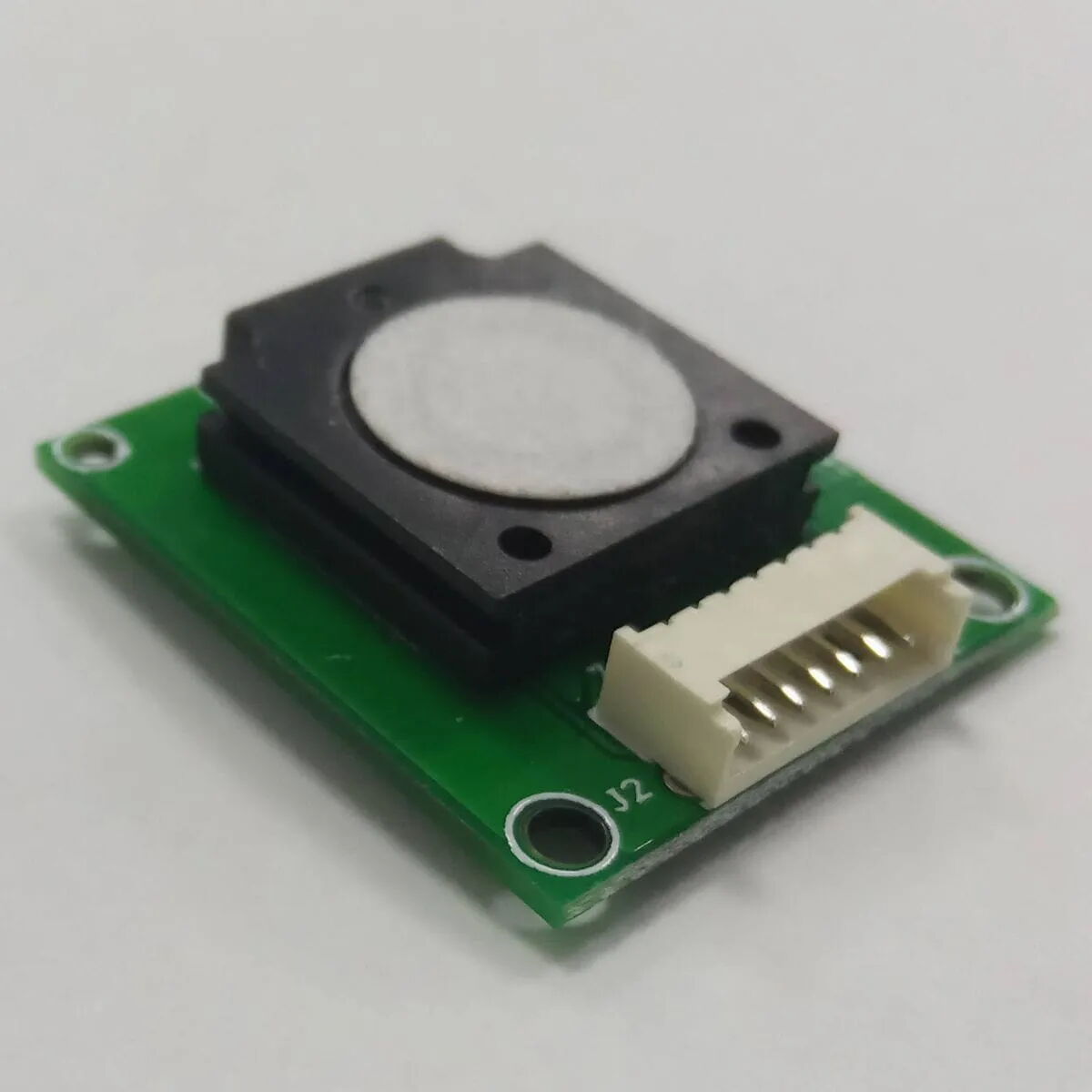 May 03, 2024
May 03, 2024Formaldehyde (HCHO) is a naturally occurring compound, commonly used in various industries and products like glues, resins, and disinfectants. However, exposure to formaldehyde can lead to irritation and, in high levels, even cancer. To mitigate these risks, reliable formaldehyde gas sensors are essential. Here’s what you need to know about them. Understanding Formaldehyde: Formaldehyde is a colorless, flammable gas with a strong odor. It’s found in many everyday products and industrial...
-
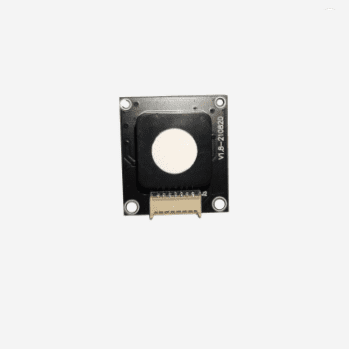 Apr 24, 2024
Apr 24, 2024Volatile organic compounds (VOCs) are significant indoor air contaminants with adverse effects on our health. Following our previous discussion on VOCs, the next crucial inquiry arises: How are VOCs quantified, or what is the operational principle behind a TVOC sensor? Various methods exist for measuring VOCs, each with its advantages and drawbacks depending on factors like the situation and available budget. Historically, laboratory techniques such as flame ionization detectors or gas chromatography–mass...
-
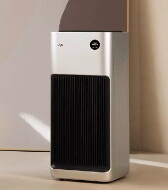 Apr 16, 2024
Apr 16, 2024Calibration is an essential aspect of maintaining the accuracy and reliability of carbon dioxide sensors. All CO2 sensors, regardless of their application, require calibration to ensure precise measurements. Calibration can be achieved through various methods, each with its own set of advantages and drawbacks. Understanding Sensor Calibration Sensor calibration involves exposing the sensor to known gas concentrations to establish a reference point for accurate measurement. This reference point is...
-
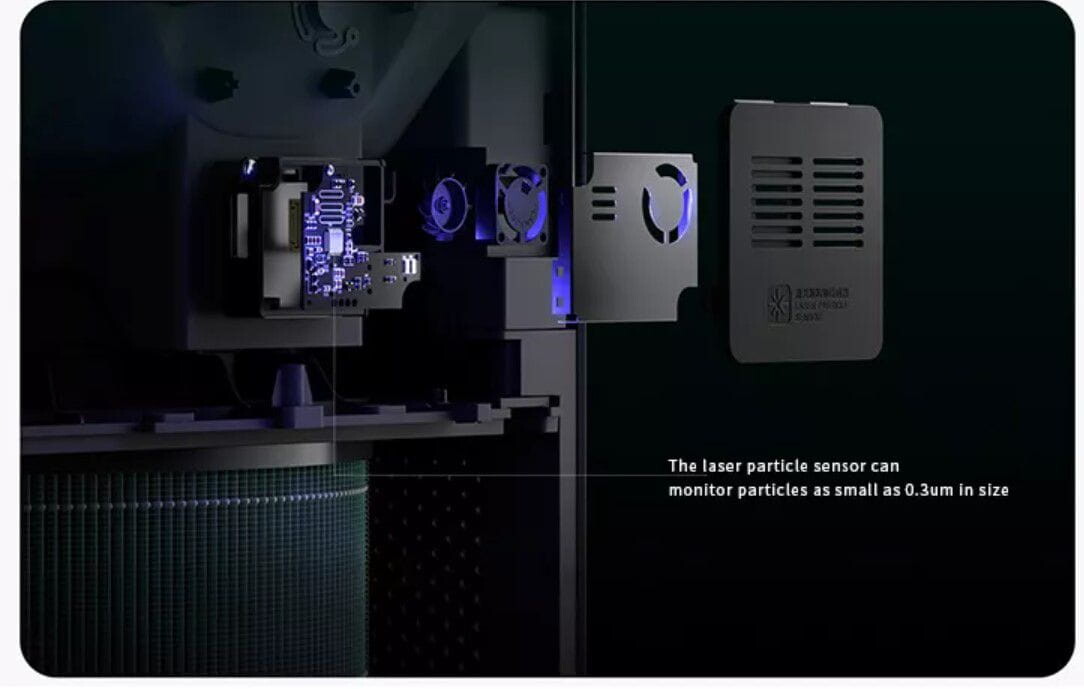 Apr 08, 2024
Apr 08, 2024Laser dust sensors play a crucial role in measuring and monitoring air particle concentration, known as PM10. These sensors emit laser light into the air and measure the light scattering by particles to determine their concentration. Market Analysis: The laser dust sensors market is witnessing significant growth driven by rising awareness of air pollution's adverse health effects. Increasing industrialization and urbanization have elevated airborne particle levels, boosting demand for air quality...
-
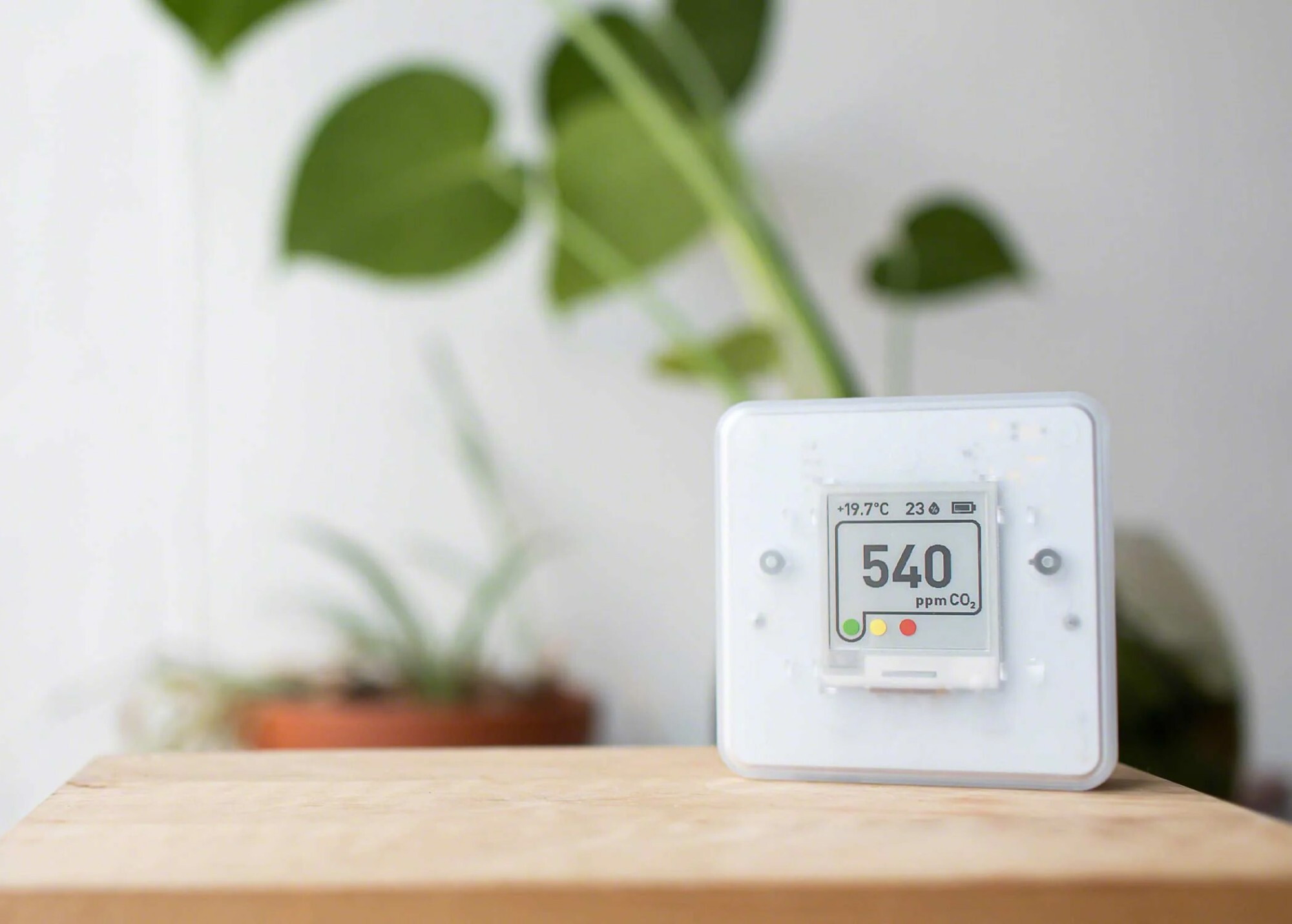 Apr 03, 2024
Apr 03, 2024Unlike other indoor pollutants, including formaldehyde and tobacco smoke, you can't detect carbon dioxide (CO2) with your senses alone. Carbon dioxide does not have a color or smell. The only way you can know the level of carbon dioxide for sure is through a carbon dioxide sensor. For someone unfamiliar with air quality sensors, choosing the right kind can be challenging. The main types of CO2 sensors on the market fall into three categories: Non-dispersive infrared sensors (NDIR) Electrochemical...













